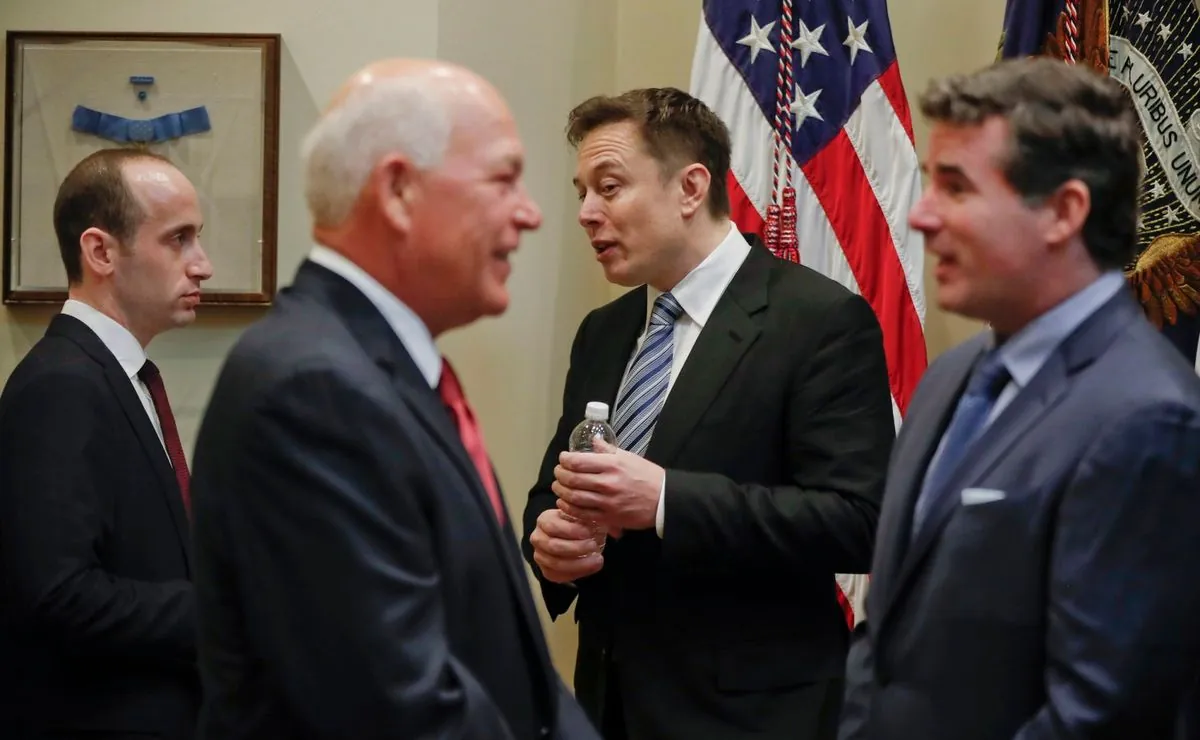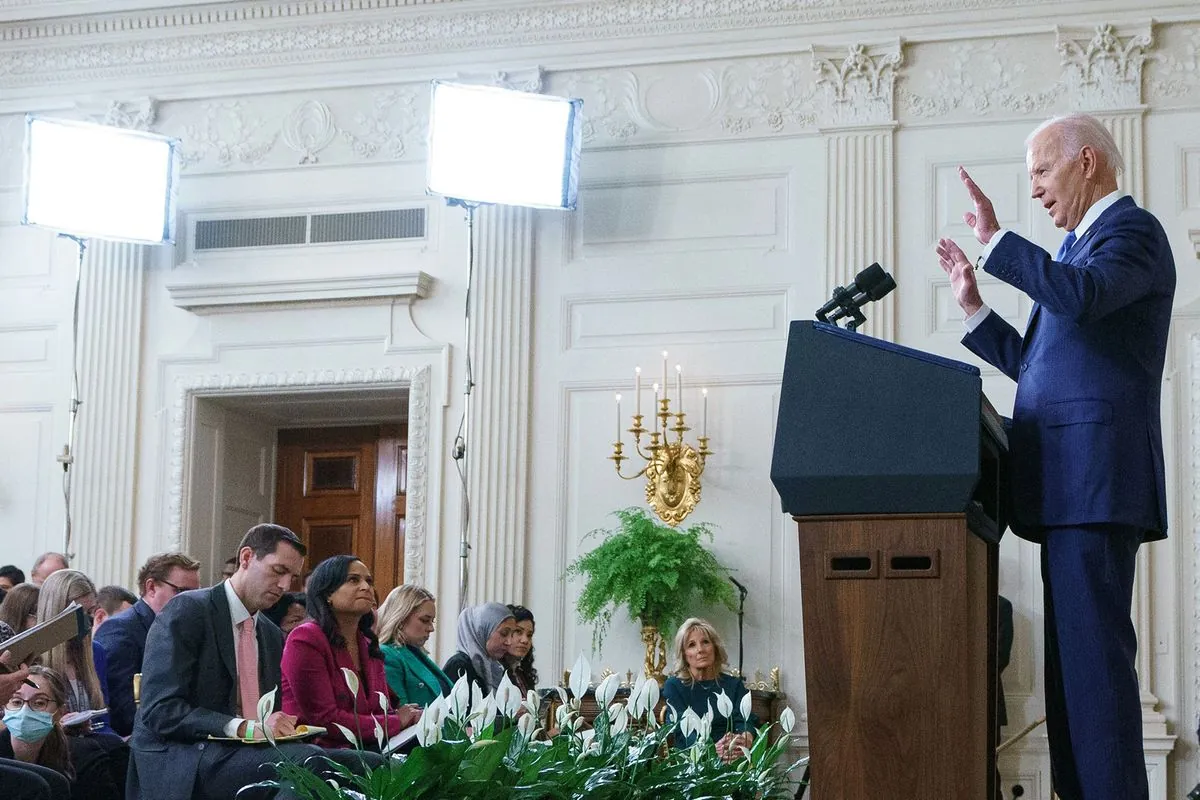Trump Proposes Musk-Led Government Efficiency Commission: A Critical Analysis
Former President Trump suggests Elon Musk to lead a government efficiency commission, sparking debate on its feasibility and potential impact. Critics draw parallels to Musk's controversial Twitter management.

In a recent development, former President Donald Trump has proposed the creation of a government efficiency commission, to be led by tech magnate Elon Musk. This announcement, made during Trump's address to the Economic Club of New York, has sparked discussions about its potential implications and effectiveness.
The proposal stems from a conversation between Trump and Musk last month, where they discussed various topics, including the causes of inflation. While Trump attributed inflation to oil prices, Musk argued that government overspending was the root cause. This exchange led to the idea of establishing a commission to streamline government operations.
Trump's enthusiasm for the proposal was evident in his speech, where he claimed the commission could save "trillions of dollars" without affecting current services. However, experts have raised concerns about the feasibility of such claims, given that the entire federal budget for the last fiscal year was approximately $6 trillion.
Critics have drawn parallels between this proposed commission and Musk's management of Twitter (now X) after his acquisition in 2022. Musk's approach to restructuring the social media platform included significant workforce reductions and controversial policy changes, which have led to skepticism about his potential handling of government efficiency.

Some of the concerns raised include:
- Potential job losses if similar workforce reduction strategies are applied to the federal government
- Changes in public safety and regulatory bodies
- Possible relocation of government operations to reduce costs
- Implementation of new fee structures for government services
It's worth noting that Elon Musk has a history of innovative but sometimes controversial approaches to business and technology. His companies, including SpaceX and Tesla, have achieved significant milestones in space exploration and electric vehicle production. However, his management style and public statements have often been subjects of debate.
While the idea of improving government efficiency is generally welcomed, the proposed commission's structure and leadership have raised questions about its potential outcomes. Critics argue that running a government is fundamentally different from managing a private company, and that the complexities of federal operations may not be easily addressed through corporate-style restructuring.
As discussions continue, it remains to be seen whether this proposal will materialize and, if so, how it might impact the functioning of the U.S. government. The debate surrounding this issue highlights the ongoing challenges in balancing efficiency, accountability, and public service in government operations.
"At the suggestion of Elon Musk, I will create a government efficiency commission tasked with conducting a complete financial and performance audit of the entire federal government and making recommendations for drastic reforms."
This proposal adds another layer to the complex relationship between technology leaders and government policy, a topic that continues to evolve in the rapidly changing landscape of American politics and innovation.


































